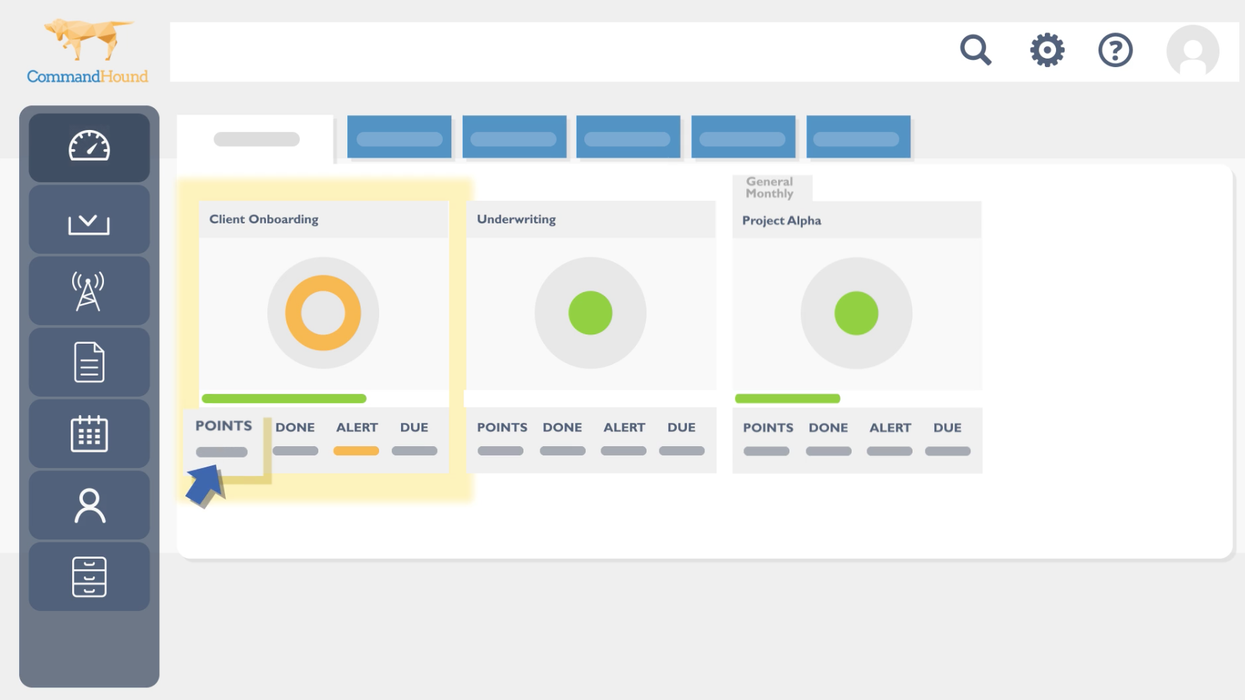Houston tech company aims to make campuses more secure with tracking device
Can't pass this up
There's an only public service announcement from the 1960s that asks, "It's 10:00 p.m., do you know where your children are?" The idea behind it was to encourage parents to ensure their children's safety, by encouraging them to be home before what was then the youth curfew in several states.
"Do you know where your visitors are right now?" asks the SafePass website, providing an answer: "You do if you have SafePass."
The visitor management system is the brainchild of Ronald Huff, who initially envisioned the system as a hall pass for students. The electronic pass would monitor students in real time, if they left class to go to the nurse or the restroom, meaning adults would be able to find them in the event of an emergency. But as Huff and his business partners proceeded through product development, they realized SafePass had a stronger lure as a system that could manage visitors across several platforms – business, schools, and secure environments.
The system works like this: companies issue a SafePass visitor badge to visitors, contractors or others who are temporarily on the grounds of their facilities. The badge records signal strengths from WiFi routers set up around the facility and tracks where the visitor is in real time.
"Visitors don't know a facility as well as the people who work there every day do," said Huff. "If there's smoke or a fire, they might get lost. So, SafePass helps provide a record of where they are, meaning that people can find them if there's an emergency or an evacuation."
SafePass is also reusable. The electronic badge is designed to be used over and over again, unlike common printed paper badges that visitors stick on.
"We're 100 percent eco-friendly," said Huff.
He and his partners built the demo for the product at the end of 2017 and began shopping it at trade shows. The reaction was immediate, with multiple companies wanting to take on the system. SafePass is about to launch a pilot phase with some Fortune 100 companies, and has plans to expand soon beyond that.
Companies can currently email their floor plans to SafePass, which creates routes within the floor plans, fixing geolocations. Then the signal strength from WiFi routers is digitally mapped within the building using an Android app. This allows the electronic badge to know where a guest is as he or she is traveling throughout a given facility.
"I think most people know that cell phones record almost everything we do," said Huff, explaining that SafePass isn't designed to infringe on personal privacy. "This isn't a Big Brother situation. Above all else, we're concerned about the safety of both people who are visiting a facility and those who work there every day."
Huff said SafePass can also help companies with safety and security compliance. For instance, oil and gas companies are audited by third parties on how secure their facilities are. SafePass' technology helps them not only score higher on an audit, but actually keep their facilities secure.
"A product like ours solves so many different problems," he said.
After nearly two and half years of development, Huff said he's excited about what's to come.
"This is really my baby," he said of the company. "And it's been such a blessing to work with this team of developers and programmers and sales people. We've got a great team and great clients. This is a dream come true."
SafePass has made a splash on the Houston digital innovation scene and was even named one of the most promising startups at the recent Texas Digital Summit.










